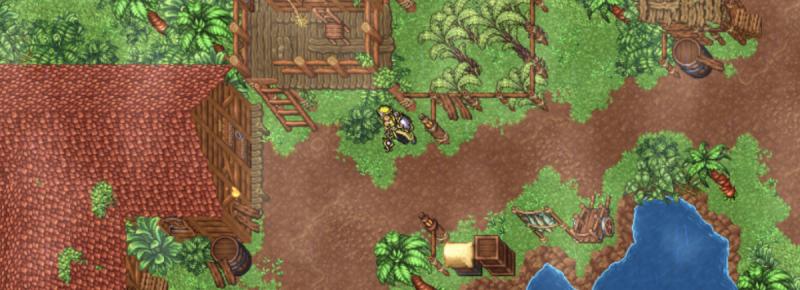The RavenQuest MMORPG has shattered expectations by becoming the first blockchain game to achieve mainstream popularity on Twitch, attracting over 1 million unique viewers during its pre-launch testing phase alone. Its success could be a turning point for Web3 gaming, demonstrating that blockchain integration can enhance rather than detract from engaging gameplay experiences.
Key Takeaways
-
RavenQuest reached 8,200 concurrent Twitch viewers within an hour of launch, surpassing Final Fantasy XIV to become the fourth most-streamed MMORPG.
-
The game generated $262,000 in NFT trading volume within 48 hours of the RavenQuest launch.
-
Players spend an average of 3 hours 47 minutes per session, twice the industry standard.
-
Three land sales sold out, with 28% of $QUEST tokens allocated to landowners.
Breaking Twitch Records
The numbers behind RavenQuest’s Twitch dominance tell a compelling story. Within just one hour of its March 2025 launch, the game attracted 8,200 concurrent viewers, quickly overtaking established titles like Final Fantasy XIV to become the fourth most-streamed MMORPG on the platform. The first-week post-launch saw even more impressive metrics:
-
493,000 total hours watched
-
9,292 peak concurrent viewers
-
77,445 total players
-
1,648,910 total views
While established MMORPGs like World of Warcraft had previously dominated Twitch’s viewership charts, RavenQuest has proven that blockchain games can compete.

Source RavenQuest
The Perfect Balance: Free-to-Play Meets Blockchain
RavenQuest’s success can attributed to its integration of blockchain elements without sacrificing accessibility. The game adopted a free-to-play model that removed initial barriers to entry while maintaining optional blockchain components for interested players.
This approach created an advantage over many Web3 predecessors that required significant upfront investment in crypto tokens or NFTs. By making the game available across both PC and mobile platforms, RavenQuest further expanded its potential audience.
The game’s predecessor, RavenDawn, had already built a substantial community of over 250,000 monthly active users before the full blockchain integration. This existing player base provided a solid foundation for growth at launch.
Most notably, RavenQuest has defied typical retention trends in the Web3 gaming space. Players spend an average of 3 hours and 47 minutes per session—twice the industry standard—indicating that the game has found that elusive balance between engaging gameplay and blockchain integration.
Building a Thriving Digital Economy
The economic activity surrounding RavenQuest has been just as impressive as its player engagement metrics. The first 48 hours after launch generated $349,895 in NFT trading volume, exceeding the combined volume of the top 50 collections on competitive blockchain networks.
Land ownership has emerged as a central element of the game’s economy, with three consecutive sold-out land sales and 28% of the total $QUEST token supply allocated to landowners. This creates both utility and scarcity within the game’s ecosystem.
Immutable’s Infrastructure: The Foundation of Success
Behind RavenQuest’s mainstream breakthrough is Immutable’s comprehensive web3 gaming infrastructure. The platform’s zkEVM scaling solution enables seamless asset trading while maintaining security and low transaction costs—critical factors for mass adoption.
The Immutable ecosystem provided additional advantages:
-
Access to 4.8 million Passport holders for easy onboarding
-
A base of 2 million monthly active users across the platform
-
Mobile optimization technology for cross-device play
-
Dedicated Twitch integration tools
The closed beta testing phase demonstrated the power of this infrastructure, with 74,000 unique players generating over 1 million Twitch views before the official launch. These early tests allowed the development team to refine gameplay while building anticipation through controlled access.

Source RavenQuest
Player Ownership: Redefining In-Game Economics
RavenQuest’s approach to player-owned assets represents a meaningful evolution from traditional MMO economies. Players can truly own their in-game items and land parcels as tradable digital assets, creating value that extends beyond the game itself.
Customizable land parcels enable players to create unique spaces within the game world, from personal housing to commercial hubs where other players can engage in activities. This ownership model creates meaningful stakes in the game’s virtual world.
The marketplace for tradable gear has fostered a dynamic player-to-player economy where skilled crafters can establish reputations and build customer bases. Importantly, the game maintains a careful balance between economic incentives and gameplay value—items must be useful in-game rather than purely speculative assets.
If this article, video or photo intrigues any copyright, please indicate it to the author’s email or in the comment box.

